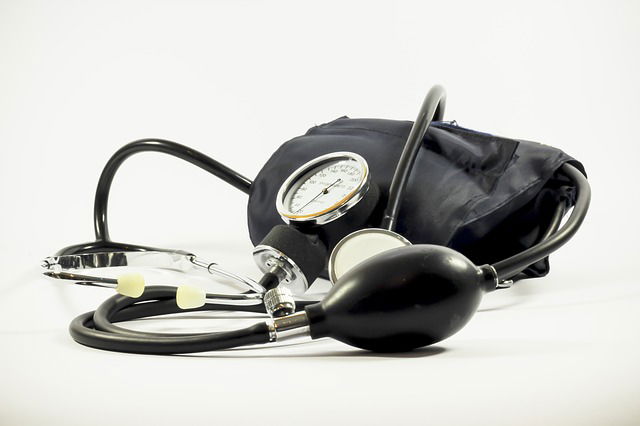
In a recent study, researchers found that more than one-third of 1,400 people with high blood pressure have not been taking their blood pressure drugs.
The study was conducted by University of Manchester researchers and overseas scientists.
High blood pressure is the single most important risk factor for health loss and premature death globally.
Although treatment is proven to be effective, target blood pressures are only achieved in 40-50% of patients.
A big reason is that lots of patients do not take their medicines correctly, or at all.
To better understand this, the research team used a mass-spectrometry technique to examine blood and urine samples from almost 1,400 people in the UK and the Czech Republic.
They found that many people did not take the blood pressure lowering drugs: the ratio was high at 41.6% in the UK and 31.5% in the Czech Republic.
Moreover, with each additional prescription, the rate of not-taking increased by 85% and 77% respectively.
The team suggests that four easy-to-collect parameters: patients’ age, gender, the number of blood pressure lowering medications and the diuretics together can offer a good measure of the risk of not taking the drugs on a regular basis.
It is clear that the more blood pressure lowering drugs are prescribed, the higher the risk that the patients will not be taking them on a regular basis.
The team says in the future they could develop even better formulae to estimate the risk of not taking blood pressure lowering drugs without a need of a urine/blood analysis.
This will be particularly useful in countries with limited resources.
Professor Maciej Tomaszewski from The University of Manchester led the study.
The study is published in the journal Hypertension.
Copyright © 2018 Knowridge Science Report. All rights reserved.
Source: Hypertension.



